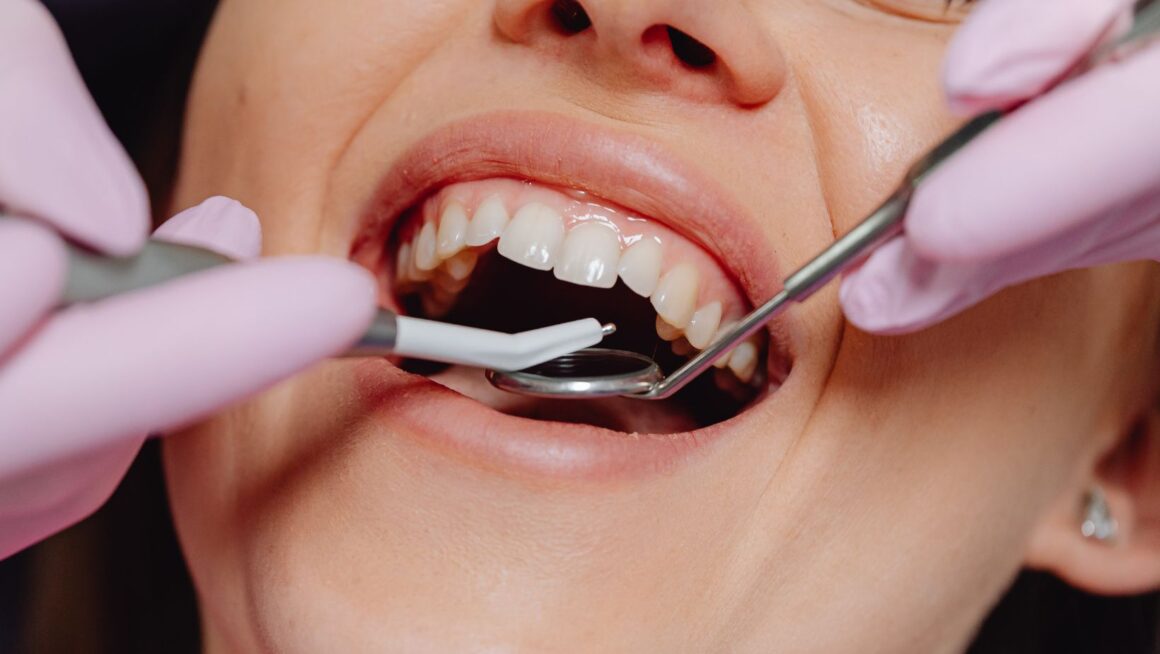
If you feel anxious or fearful about dental visits, or if you need a long or complex procedure, sedation dentistry might be a good option for you. Sedation dentistry helps reduce anxiety, pain, and discomfort during treatment, making it easier for people who struggle with dental fear or sensitive teeth to get the care they need.
You might also benefit from sedation if you have special needs, medical conditions, or trouble sitting still for a long time. It works by using medications that help you feel calm and relaxed, but not fully unconscious. Understanding who needs sedation the most can help you decide if it is right for your dental care.
What Is Sedation Dentistry?
Sedation dentistry uses medicine to help you relax during dental treatments. It is designed for people who feel nervous, have a low pain tolerance, or face long and complex dental work. Different methods ease anxiety and make the process more comfortable.
Types of Sedation Used in Dentistry
There are several types of sedation you might encounter:
- Nitrous Oxide (Laughing Gas): You inhale this through a mask. It helps reduce anxiety but keeps you awake and alert. Effects wear off quickly after the procedure.
- Oral Sedation: You take a pill before your appointment. It calms you but you stay conscious. This is good for mild to moderate anxiety.
- IV Sedation: Medication is given through a vein. It works fast, making you very relaxed or lightly asleep, but you can still respond.
- Deep Sedation and General Anesthesia: These are stronger methods that put you fully to sleep, often used for major surgeries or extreme anxiety.
Your dentist will choose the type based on your health and the treatment needed.
How Sedation Dentistry Works
Sedation dentistry works by using drugs that slow down your brain and body functions. This slows your response to pain and reduces stress during treatment. Some methods, like nitrous oxide, only mildly relax you. Others, like IV sedation, make you feel very calm or sleep lightly.
You keep important reflexes, such as breathing on your own, except in deep sedation. Dentists monitor your vital signs and adjust medicine levels as needed. This ensures your safety and comfort while the work is done.
Benefits of Sedation Dentistry
Sedation dentistry helps in several ways:
- Reduces Fear and Anxiety: You feel calmer and less stressed about dental visits.
- Controls Pain: It lowers your pain sensitivity during procedures.
- Allows Longer Procedures: You can tolerate longer or more complex treatments without discomfort.
- Improves Cooperation: You stay still and relaxed, making treatment easier and safer.
- Good for Special Needs: It suits patients with medical issues, strong gag reflexes, or dental phobia.
This approach helps many people get the care they need without fear or pain.
Who Needs Sedation Dentistry the Most?
Sedation dentistry is most helpful when fear, discomfort, or complex treatment needs make dental visits difficult. You might find it useful if stress or medical conditions cause problems during your dental care. Some groups benefit significantly from sedation to make their experience safer and easier.
Patients With Dental Anxiety or Phobia
If you feel extreme fear or panic before or during dental visits, sedation can help you stay calm. Dental anxiety ranges from mild nervousness to a full phobia that stops you from going to the dentist at all.

Sedatives reduce your feelings of fear and stress, helping you sit still and cooperate. This lowers the risk of sudden movements that might cause injury during treatment. Sedation dentistry lets you get the care you need without overwhelming worry.
You will still respond to the dentist’s instructions but feel relaxed and pain-free. This option is ideal if anxiety has kept you from regular checkups or treatments in the past.
Individuals With Special Needs
Sedation dentistry is useful if you have physical or intellectual disabilities that make dental care hard. For example, patients with autism, severe disabilities, or limited ability to follow directions often need extra help to stay calm.
Medications help these patients tolerate procedures without distress. Sedation can make the visit smoother, safer, and less tiring for you and the dental staff.
If you have trouble sitting still or communicating discomfort, sedation helps ensure the procedure is completed properly. This reduces the need for multiple visits and improves your overall dental health.
Patients Requiring Extensive Dental Work
If you need long or complicated treatments like crowns, implants, or root canals, sedation can improve your comfort. Procedures that last for hours or require many steps can be stressful without sedation.
Using sedation, you can avoid feeling the discomfort, numbness wearing off, or anxiety during these longer visits. It also lets the dentist work more efficiently, reducing the number of appointments needed.
Sedation levels can vary from light relaxation to deeper sedation based on the complexity and your level of fear or pain sensitivity. This helps you receive thorough care without excessive stress or discomfort.
Other Candidates for Sedation Dentistry
Some people benefit from sedation dentistry beyond those with anxiety or complex procedures. These include individuals who find dental visits especially difficult because of age or how they feel pain. Sedation can make treatment easier and less stressful in these cases.
Children Who Need Dental Treatment
If your child is scared of the dentist, sedation dentistry can help them stay calm. Young children may not understand what is happening, which can make treatment hard or impossible without sedation. It allows the dentist to work safely and quickly.
Sedation is useful for children who need multiple procedures at once. It reduces the chance of trauma and helps your child feel more comfortable during and after the visit. Always talk to your dentist about the safest option for your child based on their age and health.
Patients With Low Pain Tolerance
If you have a low pain tolerance, dental work can feel overwhelming. Sedation dentistry helps reduce pain and discomfort, making procedures more bearable for you. It can also ease fear that grows when pain is a strong worry.
Sedation levels can vary from mild relaxation to deeper sedation, depending on your needs. Your dentist will choose the right type based on the procedure and your comfort. This approach helps you get the care you need without unnecessary stress.











